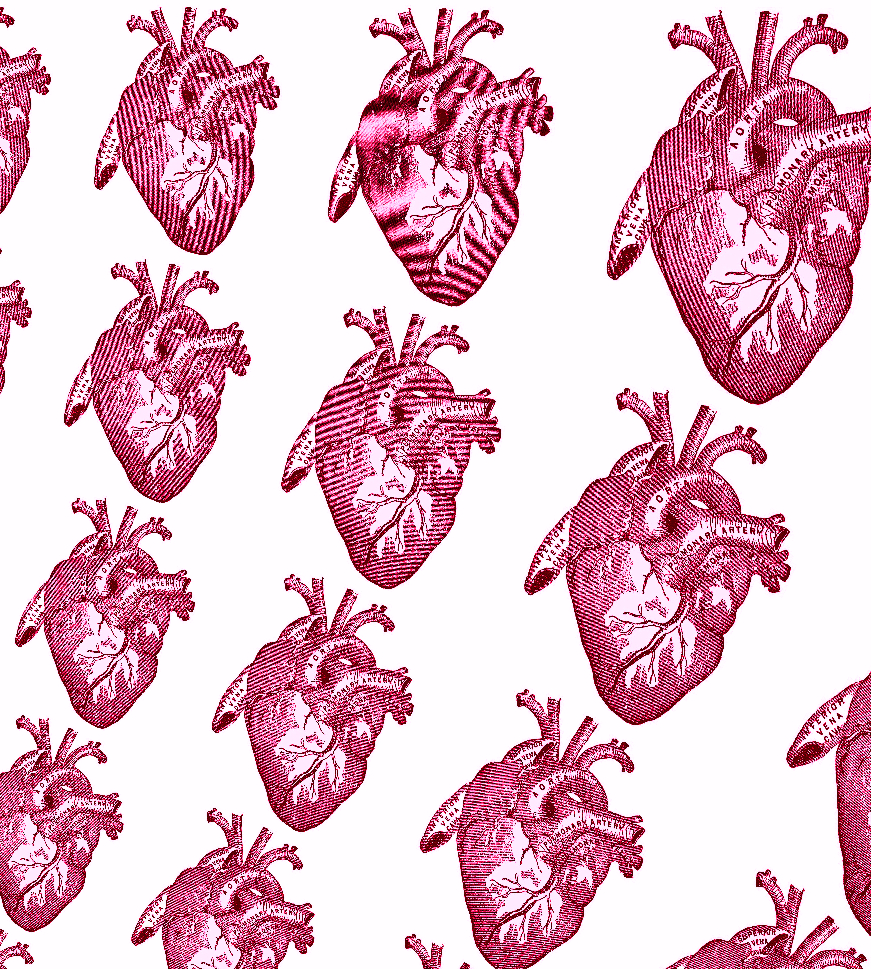Gender split in heart response
 Men are around twice as likely to receive proper treatment in an Australian hospital after a serious heart attack.
Men are around twice as likely to receive proper treatment in an Australian hospital after a serious heart attack.
New research has looked at 2,898 patients (2,183 men, 715 women) and found that women admitted hospital with ST-Elevation Myocardial Infarction (STEMI) in the past decade were half as likely as men to receive appropriate diagnostic tests and treatment, and less likely to be referred for cardiac rehabilitation and prescribed preventive medications at discharge.
Six months after hospital discharge, death rates and serious adverse cardiovascular events among these women were more than double the rates seen in men.
STEMI represents about 20 per cent of all heart attack presentations.
The study offers new insights into the life-threatening condition by adjusting for factors that could affect treatment and health outcomes.
“We focused on patients with ST-Elevation Myocardial Infarction because the clinical presentation and diagnosis of this condition is fairly consistent, and patients should receive a standardised management plan,” said the study’s senior author, University of Sydney’s Professor Clara Chow.
“The reasons for the under-treatment and management of women compared to men in Australian hospitals aren’t clear.
“It might be due to poor awareness that women with STEMI are generally at higher risk, or by a preference for subjectively assessing risk rather than applying more reliable, objective risk prediction tools.
“Whatever the cause, these differences aren’t justified. We need to do more research to discover why women suffering serious heart attacks are being under-investigated by health services and urgently identify ways to redress the disparity in treatment and health outcomes.”
The research relied on data sourced from the CONCORDANCE (Cooperative National Registry of Acute Coronary care, Guideline Adherence and Clinical Events) registry.








 Print
Print